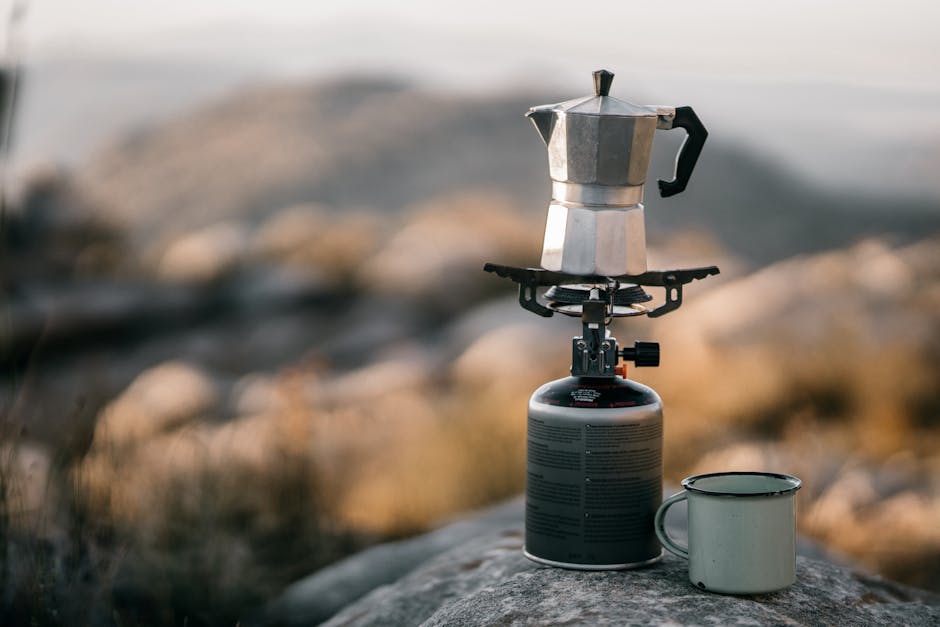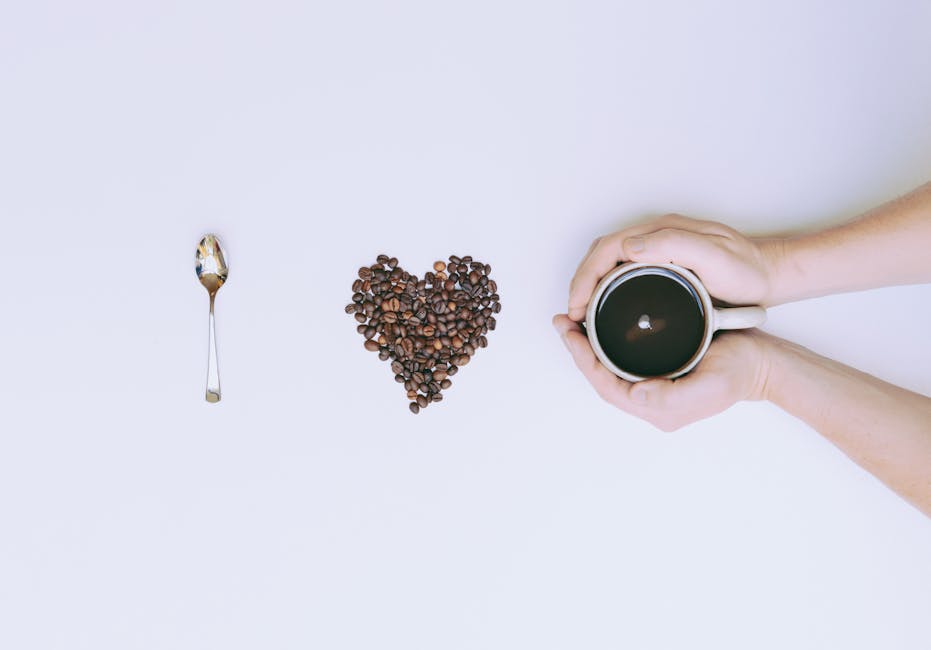Single-Serve Coffee vs. Traditional Brewing: What's Right for You?

Introduction to Single-Serve Coffee and Traditional Brewing
Single-serve coffee is a quick and convenient way to brew your morning cup. With single-serve coffee makers, you can have a fresh cup in just a few moments.
Traditional brewing, on the other hand, involves brewing coffee in larger quantities using methods like drip machines or French presses.
When deciding between single-serve and traditional brewing, consider factors like convenience, taste preferences, and brewing time.
Single-serve machines offer a wide variety of flavors and require minimal cleanup.
Traditional brewing allows for more control over the brewing process and can be more cost-effective in the long run.

Pros and Cons of Single-Serve Coffee
Single-serve coffee makers offer convenience with quick and easy brewing, perfect for those on-the-go mornings. However, the cost per cup is higher than traditional brewing methods. Single-serve pods generate more waste, whereas traditional brewing allows more control over the coffee strength and flavor.
Pros and Cons of Traditional Brewing
Traditional brewing allows you to customize the strength and flavor of your coffee according to your liking. It is a more affordable option compared to single-serve coffee makers. However, traditional brewing takes more time and effort as you need to grind the beans, measure the coffee grounds, and brew the coffee manually. Furthermore, traditional brewing may result in wasted coffee if you make more than you can drink at once.
Cost Comparison: Single-Serve vs. Traditional Brewing
Single-serve coffee pods are often more expensive per cup than traditional brewed coffee. According to a study by the National Coffee Association, a single-serve cup can cost around $0.65 to $1.25 per serving, whereas traditional brewing costs approximately $0.10 to $0.25 per cup. While single-serve coffee offers convenience, it is important to consider the long-term expenses compared to traditional brewing.
Environmental Impact: Single-Serve vs. Traditional Brewing
The environmental impact of single-serve coffee is generally higher compared to traditional brewing. Single-serve pods are usually not biodegradable and end up in landfills, contributing to waste. On the other hand, traditional brewing methods like using a coffee maker or French press are more environmentally friendly since they produce less waste. Additionally, single-serve coffee requires more packaging materials, resulting in more resources being used in production and transportation. While convenience is a significant factor for single-serve coffee, it's essential to consider the environmental implications of your choice.
Customization Options in Single-Serve Coffee
When it comes to single-serve coffee, you have a variety of customization options at your fingertips. Some machines allow you to adjust the brew strength, cup size, and even temperature to cater to your preferences. Furthermore, many single-serve coffee makers offer a wide range of flavors and brands to choose from, giving you the flexibility to experiment with different tastes without committing to a full bag of coffee beans. Additionally, some machines are compatible with eco-friendly pods, allowing you to enjoy convenient coffee while being mindful of the environment.
Quality and Taste: Single-Serve vs. Traditional Brewing
Single-serve coffee pods are convenient, but some people feel that traditional brewing methods produce better quality and taste. When you use single-serve coffee machines, the coffee grounds are pre-packaged in pods, which can sometimes affect the freshness and flavor. On the other hand, traditional brewing allows for more control over the coffee-making process. The taste of coffee brewed traditionally is often richer and more flavorful than single-serve options. However, single-serve coffee machines offer a quick and easy way to make coffee, especially for those with busy schedules.
Convenience Factor: Single-Serve Coffee
Single-serve coffee machines offer quick and easy brewing with no mess to clean up. They are perfect for those who are busy and want a fast cup of coffee without the hassle. Pods or capsules are used, so you simply insert one into the machine, press a button, and your coffee is ready in moments. No measuring or grinding is needed, making it ideal for those who want a hassle-free coffee experience.
Ritual and Experience in Traditional Brewing
In traditional brewing, you are involved in the entire process, from measuring the coffee grounds to pouring water over them. You can witness the brewing process and engage your senses with the aroma filling the room. The act of brewing coffee traditionally can become a cherished ritual that brings a sense of calm and satisfaction. It allows you to customize each cup to your liking, creating a unique experience tailored to your preferences.
Which Brewing Method Is Right for You?
Single-serve coffee machines offer convenience with quick and easy-to-make coffee cups. On the other hand, traditional brewing methods allow for a more involved coffee-making process but offer the flexibility to customize your brew. Consider the following when deciding which method is right for you:
- Time: Single-serve machines are faster, while traditional brewing takes more time.
- Taste: Traditional brewing often provides a richer and more customizable taste compared to pre-packaged pods.
- Cost: Single-serve cups can be more expensive per cup, whereas traditional brewing may have a higher upfront cost for equipment but lower cost per cup in the long run.
- Environmental Impact: Single-serve pods contribute more waste, while traditional methods are generally more eco-friendly. Choose the brewing method that aligns with your preferences and lifestyle.





